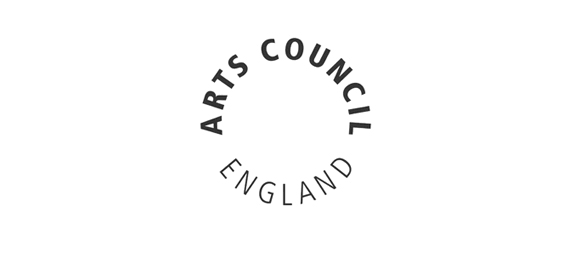Arts Council announces eight pilots to trial new approaches to teaching for creativity

Arts Council England (@ace_national) today announces £2,780,000 to build a network of schools which will test new methods of teaching that aim to help young people become more creative.
The funding, generously supported by Freelands Foundation, has been granted to eight lead schools, who will each work with a network of at least eight others in their area.
The schools will test a variety of methods to evaluate the effectiveness of different approaches. Some, for example, will focus on helping teachers to develop the skills and confidence to integrate teaching for creativity into their lessons, while others will explore how to develop a curriculum that encourages creativity in science, technology and humanities subjects as well as the arts, and others will investigate the ways that creative education helps children to live happier, healthier and more fulfilling lives.
The network has been launched to respond to one of the recommendations of the Durham Commission on Creativity and Education, which sought to find ways to make creativity a bigger part of young people’s lives in education and beyond. The pilot will run until July 2024, with the aim that lessons from the programme will then be applied more widely throughout the education system.
Nicky Morgan, Director, Special Projects at Arts Council England said
“I’m delighted to see the launch of the Creativity Collaboratives national network where we will work closely with teachers, their school networks and with the wider education sector to test approaches to teaching for creativity which all schools can adopt.
“This innovative work reflects Arts Council’s commitment to reach children and young people across the country and in all phases of education to nurture their individual curiosity and creative potential which we know has a crucial impact on improving their life chances.
“We want to highlight the professionalism and determination of teachers who work so hard to support and care for their students and look forward to sharing their work and the impact of the Creativity Collaboratives programme over the next three years.”
Henry Ward, Creative Director at Freelands Foundation said
“We are very excited to see the launch of the Creativity Collaboratives, an ambitious and unprecedented initiative that will embed creativity and creative thinking in schools across the UK. We hope the partnerships will initiate an important shift in education policy and practice toward celebrating the essential force of creativity in learning.”
Johanne Clifton, Director of Curriculum and Virtual Learning at Billesley Primary School said
“Billesley Primary School is delighted to have been successful in applying to become a Creativity Collaborative with a network of schools across the West Midlands and East Anglia. We intend to explore how we can enable young people to fulfil their creative potential and so improve their life chances by working with local heritage and cultural organisations to implement innovative practices in our schools.”
Paul Walker, Headteacher at Penryn College said
“We are thrilled to be selected as a Creativity Collaborative, we will be exploring how teaching for creativity across the curriculum prepares young people for their future in a changing workforce. We’re excited to work in partnership to establish a creative strategy and pedagogy to ensure our students are best prepared for the modern workforce. Our plans seek to serve our schools and their communities with ambitious aims to nurture young people’s creative capacity and we can’t wait to get started!”
The funding for the programme has been provided by the Arts Council’s National Lottery Project Grants programme and Freelands Foundation. The eight lead schools are Anglian Learning East, Billesley Primary School, The Duchess’s Community High School, Halterworth Primary School, Holy Family Catholic Multi Academy Trust, The St Marylebone CE School, Penryn College and Welbeck Primary School.











Responses